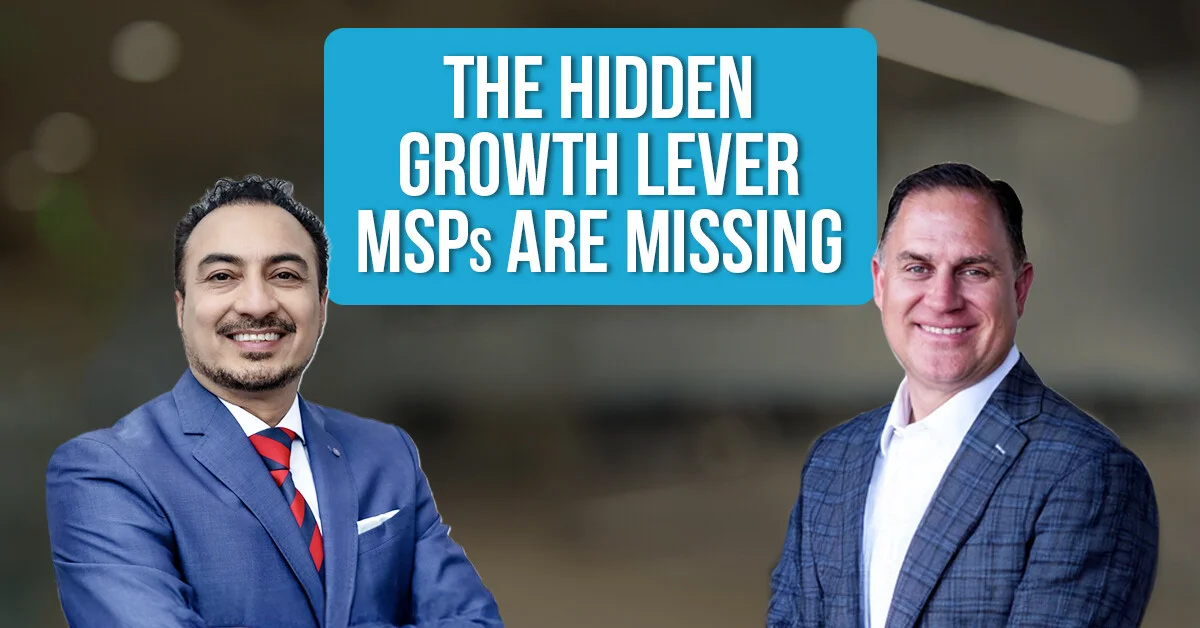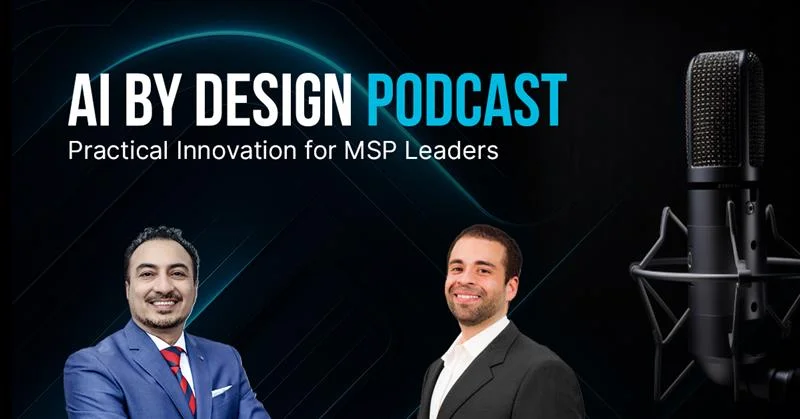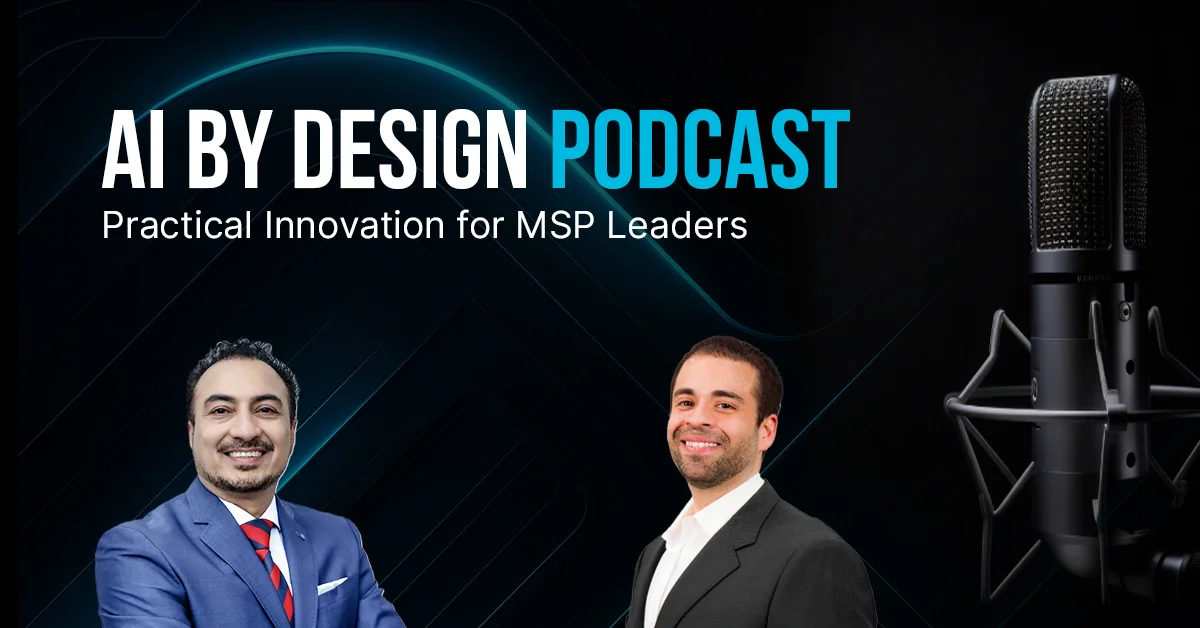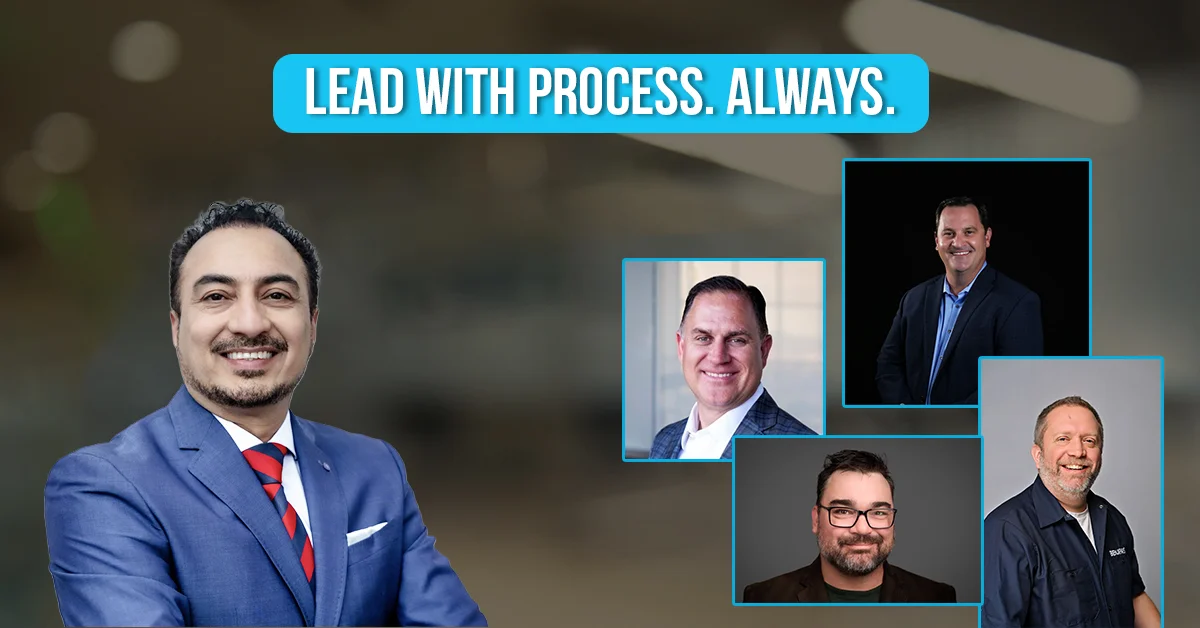Ever wonder how some businesses breeze through compliance audits while others scramble in panic? The secret might be who’s managing their IT infrastructure. In today’s digital landscape, where data breaches make headlines and regulatory fines reach millions, MSP engineers have become the unsung heroes of compliance. Let’s pull back the curtain on how these technical wizards transform regulatory headaches into competitive advantages.
Remember when compliance was just a checkbox exercise? Those days are long gone. With HIPAA violations now costing up to $1.5 million annually and SOC 2 certification becoming the price of admission for software vendors, compliance has moved from the back office to the boardroom.
Organizations now face an average of 13 different regulatory requirements—a 54% increase. Against this backdrop, MSP Engineers have evolved from traditional IT support roles into strategic compliance partners who understand that security isn’t just about technology—it’s about protecting business reputation, customer trust, and the bottom line.
But what exactly makes MSP Engineers so effective at navigating this regulatory maze? Let’s dive in.
The Critical Role of MSP Engineers in Compliance Management
When regulations get technical (and they always do), MSP Engineers shine by translating legal jargon into practical technology solutions. Their unique position at the intersection of IT and governance makes them invaluable in today’s complex regulatory environment.
Why Businesses Rely on MSP Engineers for Regulatory Compliance
What makes MSP Engineers uniquely qualified for compliance work? Here we go-
- Cross-domain expertise: MSP Engineers understand both the technical implementation and the regulatory requirements—no translation required.
- Multi-client experience: Having worked with numerous organizations, experienced MSP Engineers have seen what works (and what fails miserably) across different compliance scenarios.
- Efficiency through automation: Rather than throwing more people at compliance problems, MSP Engineers build automated systems that make compliance part of daily operations.
Core Responsibilities of Network and Security Engineers
When compliance frameworks demand technical controls (and they always do), network and security engineers‘ step into the spotlight. These specialized MSP Engineers transform abstract requirements into concrete configurations, monitoring systems, and security architectures.
A typical day for network and security engineers focused on compliance might include:
- Implementing zero-trust architecture that satisfies requirements across multiple regulatory frameworks
- Configuring systems to automatically generate the evidence auditors will request
- Creating network segmentation that isolates regulated data from general business systems
- Developing real-time compliance monitoring dashboards that catch issues before auditors do
From HIPAA to SOC 2: How MSP Engineers Support Industry Standards
Different industries face different regulatory challenges, but MSP Engineers have developed specialized approaches for the most common frameworks. Let’s look at how they tackle two of the most demanding standards.
Navigating HIPAA with Help from a Microsoft Certified Systems Engineer
If you’ve ever wondered why healthcare costs so much, compliance overhead is part of the answer. HIPAA’s complex requirements for protecting patient information demand specialized expertise that Microsoft certified systems engineers are uniquely qualified to provide.
How do Microsoft certified systems engineers make this possible?
- Technical safeguard implementation: From encryption to access controls, these MSP Engineers configure Microsoft ecosystems to protect PHI while maintaining clinical workflow efficiency.
- Risk assessment automation: Rather than annual manual reviews, IT support engineers deploy continuous monitoring tools that assess HIPAA compliance in real-time.
- Disaster recovery with compliance in mind: Ensuring backup systems maintain the same HIPAA controls as production environments—a detail often missed by general IT staff.
- Documentation that stands up to scrutiny: Creating and maintaining the specific evidence that HIPAA auditors require, formatted exactly how they expect to see it.
SOC 2 Preparedness Through Dedicated Engineers
For software companies and service providers, SOC 2 certification has become the gold standard for demonstrating trustworthiness. But achieving this certification involves navigating five trust service principles across potentially hundreds of controls—a perfect challenge for dedicated engineers with compliance expertise.
How do these dedicated engineers achieve such dramatically better results?
- Control mapping expertise: Understanding exactly which technical implementations satisfy which SOC 2 criteria, eliminating both gaps and redundancies.
- Evidence collection automation: Building systems that continuously gather and organize the documentation auditors will request, rather than scrambling to collect it last-minute.
- Pre-audit readiness assessments: Conducting internal reviews using the same criteria auditors will apply, addressing issues before they become findings.
- Strategic scope definition: Helping businesses appropriately limit their SOC 2 scope to reduce complexity while still meeting customer requirements.
How Network Security Engineers Close Compliance Gaps
Even with the best frameworks and intentions, compliance gaps happen. The difference between organizations that struggle and those that succeed often comes down to how quickly these gaps are identified and addressed—a specialty of network security engineers.
Proactive Threat Detection and Incident Response
Compliance isn’t just about having the right controls—it’s about proving those controls are working effectively every day. Network security engineers excel at implementing monitoring systems that catch compliance drifts before they become audit findings.
According to IBM’s Security Intelligence Report, organizations with proactive monitoring detect potential compliance issues 68 days faster than those relying on periodic assessments. When each day of non-compliance can mean increased risk and potential penalties, this time advantage is priceless.
How do network security engineers create this proactive environment?
- Continuous compliance monitoring: Implementing tools that verify control effectiveness in real-time rather than point-in-time assessments.
- Automated remediation workflows: Creating systems that not only identify compliance gaps but take immediate corrective action.
- Behavioral analytics: Deploying solutions that identify unusual patterns that might indicate compliance failures even before specific rules are triggered.
- Compliance-focused threat hunting: Proactively searching for activities that might impact regulatory status rather than waiting for incidents to occur.
Alignment with Azure Data Engineer Certifications and Practices
As regulated data moves to the cloud, compliance challenges evolve. MSP Engineers with specialized cloud certifications apply their expertise to maintain compliance in these new environments.
Microsoft certified systems engineers with Azure expertise help bridge this gap by:
- Implementing cloud-native compliance controls: Leveraging Azure’s built-in compliance features rather than attempting to force-fit on-premises approaches.
- Automating compliance through Infrastructure as Code: Creating deployments that build compliant environments consistently every time.
- Establishing proper shared responsibility models: Clearly defining which compliance controls are handled by Azure and which remain the organization’s responsibility.
- Implementing cloud-specific monitoring: Deploying tools designed specifically to monitor compliance in dynamic cloud environments.
Building a Certified Compliance-First Culture with IT Support Engineers
Technology alone can’t ensure compliance—it requires a culture where security and regulatory adherence become everyone’s responsibility. IT support engineers play a crucial role in building this culture.
The Value of Working with Certified Engineers
Certifications matter—not just as wall decorations, but as indicators of specialized knowledge that directly impacts compliance outcomes. Organizations working with certified engineers report 53% fewer compliance findings.
How do certified engineers make such a difference?
- Standardized knowledge base: Certifications ensure MSP Engineers understand compliance requirements consistently across organizations.
- Commitment to continuous learning: Maintaining certifications requires ongoing education, ensuring your IT support engineer stays current on evolving regulations.
- Validated expertise: Third-party validation that your MSP Engineers possess the specific skills needed for compliance work.
- Common language with auditors: Certified engineers often share certifications with the people who will be auditing your systems, facilitating clearer communication.
Support That Scales: The Power of Dedicated Engineers
As organizations grow, compliance needs evolve. Dedicated engineers provide continuity and institutional knowledge that grows alongside your business.
Dedicated engineers create value through:
- Evolutionary compliance programs: Building systems that grow with your business rather than requiring periodic redesigns.
- Relationship development with regulators: Becoming familiar faces to auditors, building trust that can smooth the compliance process.
- Compliance memory: Maintaining historical knowledge about why certain controls were implemented, preventing accidental regression during system changes.
- Consistent interpretation: Providing stable guidance as regulations evolve, preventing organizational whiplash from changing interpretations.
“Our dedicated MSP Engineers don’t just know our systems—they know our business,” explains CFO Marcus Johnson. “That context is invaluable when balancing compliance requirements against operational needs.”
Tools, Technologies, and Best Practices MSP Engineers Use
Beyond their expertise, MSP Engineers bring specialized tools to the compliance battle. These technologies can transform manual, error-prone processes into automated, consistent controls.
Compliance-Ready Tech Stack Recommendations
The right technology stack can reduce compliance overhead by 60%. MSP Engineers typically implement:
- Unified security monitoring: Platforms that consolidate alerts across environments, eliminating compliance blind spots.
- Automated documentation systems: Tools that generate and maintain compliance evidence without manual intervention.
- Policy enforcement technology: Solutions that continuously verify configurations against compliance requirements.
- Integrated risk management platforms: Systems that connect compliance controls to business risks for better prioritization.
Documentation, Auditing & Reporting—Done Right
Even perfect compliance fails without proper documentation. IT support engineers excel at creating documentation systems that satisfy auditors without overwhelming staff.
MSP Engineers implement:
- Real-time compliance dashboards: Visual representations of compliance status accessible to both technical and business leaders.
- Automated evidence collection: Systems that continuously gather and organize proof of compliance rather than scrambling before audits.
- Exception management processes: Structured approaches for documenting, approving, and tracking compliance exceptions when business needs require them.
- Audit-ready reporting: Pre-configured reports that match exactly what auditors will request, available at the press of a button.
Conclusion: The IT By Design Co-Managed Service
In today’s regulatory maze, compliance requires more than software—it demands expert partnership. This is where IT By Design’s Co-Managed Services delivers exceptional value. Our specialized MSP Engineers bridge the gap between complex regulations and technical implementation, transforming compliance from burden to business advantage.
Our network security engineers design secure architectures, our Microsoft certified experts implement robust controls, and our support team maintains audit-ready documentation. Through MDE, we provide not just compliance implementation but strategic guidance that turns regulatory requirements into business growth opportunities.
Ready to sleep soundly before your next audit? Contact IT By Design today and discover how our Co-managed MDE service can make compliance a competitive advantage. One call could be the difference between audit panic and audit confidence.








